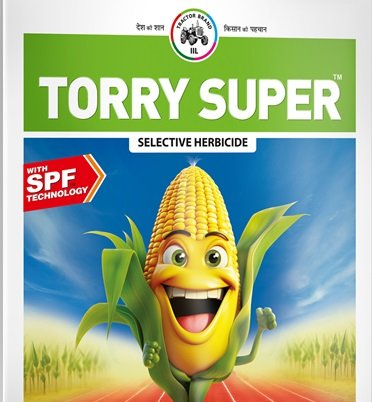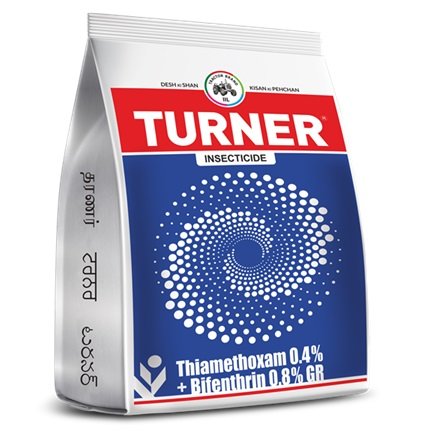Insecticides (India) Ltd reports 42% YoY growth in PAT for Q3 FY25
. Company’s gross profit stood at Rs 129.2 in Q3 FY 25 crores Vs Rs 108.0 in Q3FY24 registering 20 per cent Y-o-Y growth.
Insecticides (India) Limited (IIL), one of India’s leading crop protection and nutrition company, has announced its financial results for the quarter and nine month ended December 31, 2024.
Insecticides (India) Limited (IIL), one of India’s leading crop protection and nutrition company, has announced its financial results for the quarter and nine month ended December 31, 2024. Company reported Rs 357.7 crores revenue from operations in Q3FY25 . Company’s gross profit stood at Rs 129.2 in Q3 FY 25 crores Vs Rs 108.0 in Q3FY24 registering 20 per cent Y-o-Y growth. Company posted Rs17.4 crores Profit After Tax in Q3 FY25 compared to Rs12.3 crores PAT in Q3 FY24 recording 42 per cent growth.
Q3 FY25 Vs. Q3 FY24 – Consolidated Financial Performance:
| Particulars (Rs. Crs) | Q3 FY25 | Q3 FY24 | Y-o-Y | 9M FY25 | 9M FY24 | Y-o-Y |
| Revenue from Operations | 357.7 | 357.9 | — | 1,641.0 | 1,693.9 | (3%) |
| Gross Profit | 129.2 | 108.0 | 20% | 509.5 | 414.5 | 23% |
| Gross Profit Margin (%) | 36.1% | 30.2% | 31.0% | 24.5% | ||
| EBITDA | 30.9 | 26.0 | 19% | 192.7 | 153.6 | 26% |
| EBITDA Margin (%) | 8.6% | 7.3% | 11.7% | 9.1% | ||
| Profit After Tax | 17.4 | 12.3 | 42% | 128.1 | 94.6 | 36% |
Results Highlights:
• Consistent focus on margin improvement led by healthy product mix and better product margins in Q3FY25
• Robust growth in recent launches like Mission, Mission SC, Shinwa, Izuki in the first nine months. B2B sales remain impacted with challenging macro market conditions.
• Gross Profit Margin improved by 657 bps in 9MFY25 due to concentrated approach towards both healthy product mix and higher margins in Premium Products
• EBITDA improved by 268 bps in 9MFY25 with aggressive investment in marketing activities and field promotions to support new launches and growth of Premium Products, increasing other expenses
Operational Highlights:
• 10 new products launched in first nine months including patented latest technology products
• Launched Centran, a patented 9(3) insecticide with dual-action for paddy. It aims to boost productivity and support farmers’ economic growth
• Torry Super an innovative 9(3) herbicide for maize which is based on SPF technology, developed by in-house R&D team
• Tie up with BioPrime to bring Relieve, an exclusive biological product for the Indian market, furthering efforts to provide sustainable solutions for Indian agriculture.
• Received Patent for IZUKI, a fungicide for paddy. This has been developed in technical collaboration with Nissan Chemical Corporation Japan.
Commenting on the results and performance, Rajesh Aggarwal, MD of Insecticides (India) Ltd. said, “We are excited to share our robust performance during the current quarter with 42 per cent growth in PAT. This is in line with the strategic framework established at the start of the year focusing on profitable growth with higher share of Premium Products and improving its margins. The first nine months has been in line with expectations, driven by strong contributions from our premium product range, which now constitutes 62 per cent of B2C revenue and significant improvements in our EBITDA margins.”
In Q2 FY25, we acquired Kaeros Research Private Limited aimed at securing supply chains and reducing costs through direct imports. Kaeros holds import licenses and vendor approvals, providing valuable benefits. The acquisition was executed at fair value and is accretive to shareholder value. The Company’s fully paid-up capital is Rs. 4.78 crores, with land assets situated in Shamli, Uttar Pradesh used for field trials.
. Company's gross profit stood at














